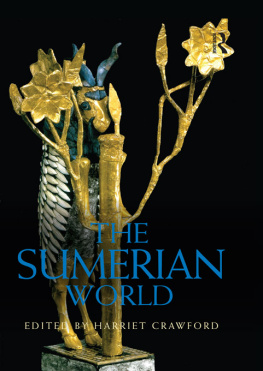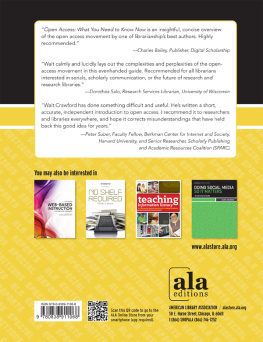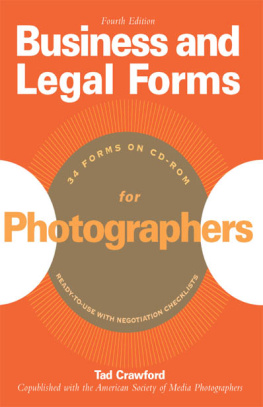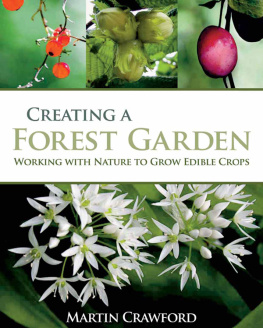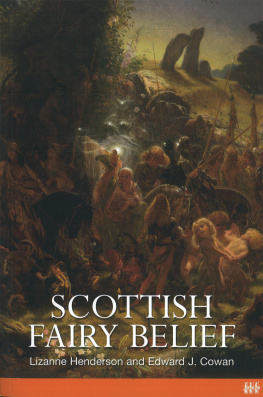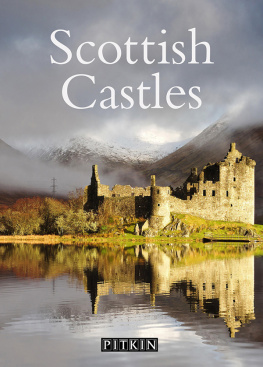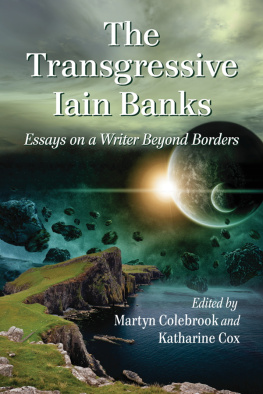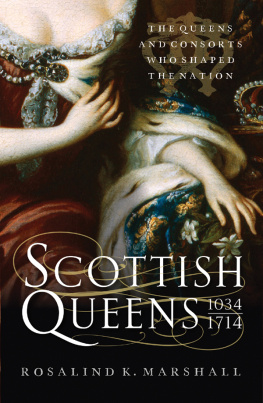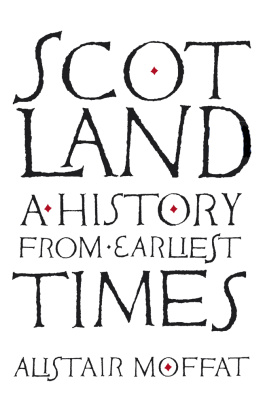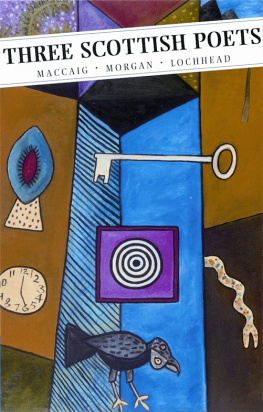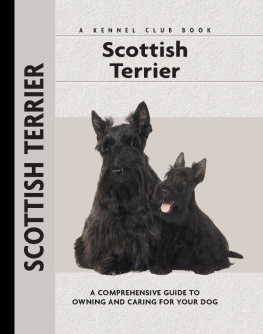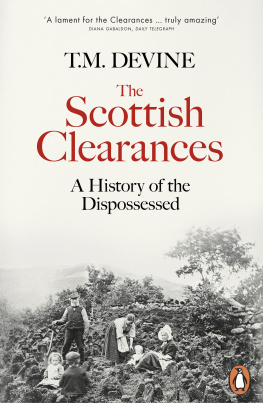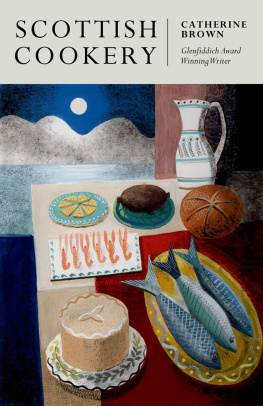PENGUIN BOOKS
Scotlands Books
Robert Crawford was born in 1959 in Lanarkshire and grew up there. He studied at the universities of Glasgow and Oxford. He has published six collections of poetry and a Selected Poems (2005). With Mick Imlah he edited The New Penguin Book of Scottish Verse (2000), now published in Penguin Classics as The Penguin Book of Scottish Verse (2006). His other books include Devolving English Literature (1992; Second Edition, 2000) and The Modern Poet (2001). He is Professor of Modern Scottish Literature at the University of St Andrews and a Fellow of the Royal Society of Edinburgh.
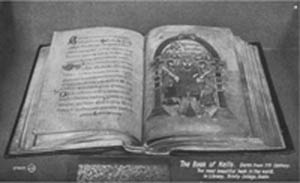
The most beautiful book in the world. An early twentieth-century postcard published by the Dundee firm of J. Valentine and Company illustrates the medieval Book of Kells. Thought to have been begun in the monastery on the island of Iona in the eighth century, the manuscript was later taken to the monastery at Kells in Ireland at the time of Viking raids on Iona, and is now in the Library of Trinity College, Dublin. The postcard shows the book open at St Matthews Gospel. (St Andrews University Library, Valentine Collection JV-57497)
ROBERT CRAWFORD
Scotlands Books
The Penguin History of
Scottish Literature

PENGUIN BOOKS
PENGUIN BOOKS
Published by the Penguin Group
Penguin Books Ltd, 80 Strand, London WC2R 0RL, England
Penguin Group (USA) Inc., 375 Hudson Street, New York, New York 10014, USA
Penguin Group (Canada), 90 Eglinton Avenue East, Suite 700, Toronto, Ontario, Canada M4P 2Y3
(a division of Pearson Penguin Canada Inc.)
Penguin Ireland, 25 St Stephens Green, Dublin 2, Ireland
(a division of Penguin Books Ltd)
Penguin Group (Australia), 250 Camberwell Road, Camberwell, Victoria 3124, Australia
(a division of Pearson Australia Group Pty Ltd)
Penguin Books India Pvt Ltd, 11 Community Centre, Panchsheel Park, New Delhi 110 017, India
Penguin Group (NZ), 67 Apollo Drive, Rosedale, North Shore 0632, New Zealand
(a division of Pearson New Zealand Ltd)
Penguin Books (South Africa) (Pty) Ltd, 24 Sturdee Avenue, Rosebank,
Johannesburg 2196, South Africa
Penguin Books Ltd, Registered Offices: 80 Strand, London WC2R 0RL, England
www.penguin.com
First published 2007
1
Copyright Robert Crawford, 2007
All rights reserved
The moral right of the author has been asserted
Except in the United States of America, this book is sold subject
to the condition that it shall not, by way of trade or otherwise, be lent,
re-sold, hired out, or otherwise circulated without the publishers
prior consent in any form of binding or cover other than that in
which it is published and without a similar condition including this
condition being imposed on the subsequent purchaser
EISBN: 9780141900568
To Alice, Lewis and Blyth
with love
Gente Scotus, Anima Orbis terrarum Civis
Scottish by Nationality, in Spirit a Citizen of the World
inscribed by the radical Scottish republican Latin poet Thomas Muir of Huntershill inside a book which he presented to the monks of Rio de Janeiro when he was being transported as a political prisoner to Botany Bay in 1794
Contents
List of Illustrations
The Illustrations in This Book
With the exception of the last photograph, all the plates in Scotlands Books are drawn from the collections of what can claim to be Scotlands oldest continuously functioning library, that of the University of St Andrews. Founded in 1411, Scotlands first university evolved from earlier schools attached to St Andrews Cathedral, which had its own substantial collection of manuscript books. The collections of St Andrews University were used by some of Scotlands greatest medieval writers, including William Dunbar and Gavin Douglas. Later, during the Renaissance, the University Library was enhanced by gifts of books from poets including King James VI, George Buchanan and William Drummond of Hawthornden. The King James Library was established in 1611, and redeveloped in neoclassical style in 1764 when its readers included the poet Robert Fergusson; it is still in use today. From 1710 until 1837 the Library was a Copyright Library, which allowed it to claim a copy of any book published in Britain, and in the nineteenth century it began to develop its unique photography collections. The Librarys modern manuscript collections continue the tradition of acquiring manuscripts by gift and purchase, and include many of the papers of the novelist and writer on feminist issues, Willa Muir. Among the manuscripts is also the Librarys fine Muniments Collection, the Universitys institutional archive. The present-day main library building was built in the later twentieth century and is now expanding, with a substantial collections development programme. For permission to reproduce copyright illustrative material in this book special thanks are due to the Librarian, Jon Purcell, and to Dr Norman Reid, Head of Special Collections. If you would like to support the work of the Library, please write to The Secretary, Friends of St Andrews University Library, University Library, North Street, St Andrews, Fife, Scotland KY16 9TR.
Acknowledgements
Scotlands Books: The Penguin History of Scottish Literature has been over six years in the making and has led me to incur more debts than I can acknowledge. I have tried to build on the work of generations of scholars. Many of the most important among these are cited in the notes to this book. In addition, I gratefully acknowledge specific advice from the individuals named below, several of whom were kind enough to read chapters in draft form.
When this book was first proposed, it was the first time anyone had tried to encompass the extended history of Scottish literature in all the languages of Scotland. Its gestation has been long rather longer than it might otherwise have been because for three years during its composition I was labouring in the administrative vineyards as Head of the School of English at the University of St Andrews. Thanks are due to Anna South at Penguin who bravely commissioned the volume as a follow-up to The New Penguin Book of Scottish Verse, to David Godwin who convinced me it was possible for one person to embark on such a venture, and to Helen Conford who became my editor in the final stages. Helen Campbell copy-edited the typescript with meticulous patience and Dr Rosalind MacLachlan cleverly constructed the index. I am grateful to my students and to all my St Andrews School of English academic and secretarial colleagues for their staunch support; grateful to the Arts and Humanities Research Board (as it then was) for a semesters research leave in 2001 during which I worked on the early medieval section of the book; and grateful to my university for two more recent semesters research leave during which Scotlands Books was completed.
For advice, comment, conversation and rescue in person and in their published works, I thank especially Dr David Allan; Professor Robert Bartlett; Dr Meg Bateman; Professor Priscilla Bawcutt; Professor Thomas Clancy; Professor Cairns Craig; Dr Alice Crawford; Dr Barbara Crawford; Professor Lewis Dabney; Professor Ian Duncan; Professor Douglas Dunn; Professor Douglas Gifford; Professor Stephen Halliwell; Professor Stephen Harrison; Professor Seamus Heaney; Professor W. N. Herbert; Mr Mick Imlah; Dr Ian Johnson; Dr David Kinloch; Dr Christopher MacLachlan; Professor Dorothy McMillan; Mr Phillip Mallett; Professor Susan Manning; Dr Sally Mapstone; Professor Roger Mason; Professor Edwin Morgan; Dr Andrew Nash; Dr Tom Normand; Professor Murray G. H. Pittock; Dr Rhiannon Purdie; Mr Robert N. Smart; the late Dr Iain Crichton Smith; Dr Fiona Stafford; Professor Derick Thomson. None of these people is responsible for any mistakes in this book; all of them helped to reduce the list of errata.
Next page


